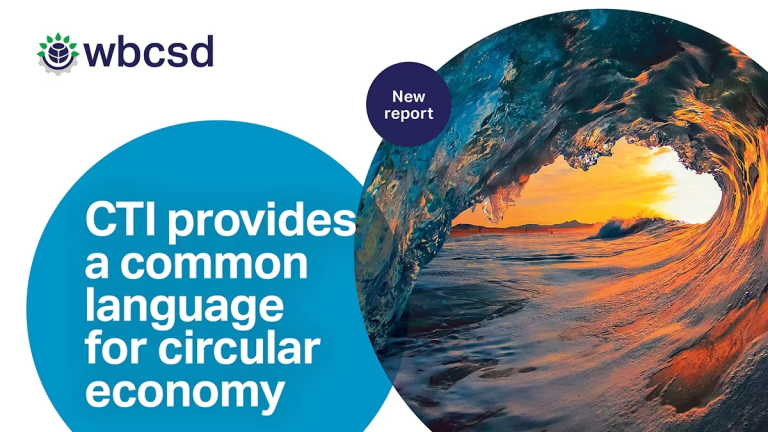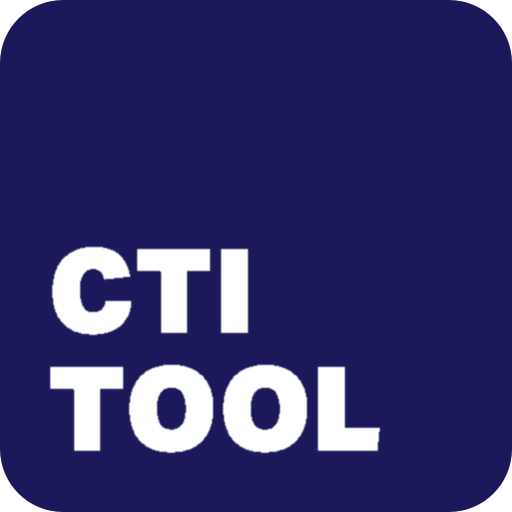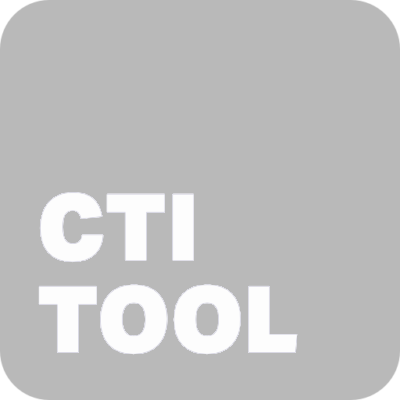Circular Economy Examples

Circular IQ’s CTI Tool is the WBCSD endorsed software tool for effectively measuring CTI and leveraging these insights.
Introduction
The concept of a circular economy is gaining traction as a sustainable alternative to the traditional linear economy. In a circular economy, products and materials are designed to be reused, recycled, and regenerated, thereby reducing waste and environmental impact. This article explores various circular economy examples that demonstrate the feasibility and benefits of this approach.
Key benefits of CTI Tool as highlighted by ASUS
Objective Sustainability Measurement: The CTI Tool allows ASUS to objectively measure its sustainability performance by assessing various circularity indicators, including material circularity, renewable energy use, and water circularity.
Integration into Business Practices: ASUS finds it easier to understand the CTI framework and methodology and successfully integrates it into their business practices, ensuring that sustainability considerations are part of their decision-making processes.
Circular Economy Progress Tracking: ASUS uses CTI to gauge its progress toward circular economy goals, helping the company identify areas for improvement in material efficiency, energy use, and water footprint reduction.
Design Thinking Integration: Recognizing the critical role of design in environmental impact, ASUS integrates CTI Tool results into its design thinking process, leading to the development of more circular products.
Data-Driven Decision Making: CTI Tool empowers ASUS with data-backed insights, enabling informed decision-making, collaboration with supply chain partners, and the successful redesign of products to align with circularity goals, ultimately reducing environmental impact.
In summary, CTI Tool assists ASUS in measuring, integrating, and improving its sustainability performance, ultimately helping the company make more environmentally responsible products and move closer to its circularity goals.
Key benefits of CTI Tool as highlighted by Profile Group (PGL) New Zealand
Baseline Establishment: The CTI Tool helped Profile Group establish a baseline for their circularity performance, allowing them to measure the effectiveness of their sustainability efforts.
Action Planning: Using CTI, the company identifies actions that will have the most significant impact on their circularity performance. It assists in developing a clear action plan to achieve close to 100% circularity of packaging materials by 2025.
Circular Economy Progress Tracking: ASUS uses CTI to gauge its progress toward circular economy goals, helping the company identify areas for improvement in material efficiency, energy use, and water footprint reduction.
Data-Driven Decision Making: The tool provides powerful insights generated from easily gathered data within the business, enabling Profile Group to visualize the impact of their circular solutions and focus on key components for improvement.
Monitoring Progress: CTI allows the company to monitor progress over time, making it easier to track improvements and adapt their strategies to achieve their sustainability goals.
Employee Engagement: CTI helps Profile Group build a narrative to transform from a linear economic model to a circular one, educating and empowering employees to participate in the transition and showcasing the positive impact of their efforts.
In summary, the CTI Tool has proven instrumental for Profile Group in their journey to improve circularity, providing data-driven insights, facilitating informed decision-making, and helping them work towards their ambitious sustainability goals.
Key benefits of CTI Tool as highlighted by Celsa Group
The CTI Tool provides significant benefits to CELSA Group in their pursuit of a circular economy:
Defining Circular Economy: CELSA Group uses the CTI Tool to define what circular economy means for their company, providing them with a clear framework for understanding and measuring circularity.
Setting KPIs: The tool helps CELSA Group set Key Performance Indicators (KPIs) for measuring circularity, allowing them to establish specific targets and track progress in their sustainability efforts.
Data-Driven Analysis: CTI Tool offers data-driven analysis of inflows and outflows, allowing CELSA Group to quantify their circularity performance, which is especially valuable in assessing their circular supply chain.
Common Understanding: The tool helps the company achieve a common understanding of circularity across the organization, ensuring that all stakeholders, including suppliers and customers, are aligned on circularity criteria and goals.
Improvement Strategies: CELSA Group identifies strategies to increase circularity by focusing on both inflows and by-products, leading to improved circularity scores and exploring alternatives to reduce waste, such as reusing packaging materials.
In summary, CTI Tool empowers CELSA Group to measure, communicate, and improve their circularity, fostering internal and external collaboration, and driving their commitment to becoming a more circular and sustainable company.
Importance of having access to the right tools
Implementing a circular economy requires the right tools for measurement, analysis, and strategy. That’s where CTI Tool comes in. Our platform offers comprehensive solutions for businesses looking to transition to a circular economy. From materiality analysis to KPI tracking, CTI Tool provides the insights you need to make informed decisions.
Conclusion
Materiality Analysis is not just a trend but a necessity for businesses aiming for sustainable growth. It offers a structured way to understand and prioritize ESG issues, thereby enabling businesses to make informed decisions. CTITool’s robust solutions help you translate your materiality assessment into valuable insights that drive improvement actions and make sure you can leverage your materiality assessment in alignment with ESRS-E5, making it easier for you to integrate sustainability into your business strategy effectively.
Take the Next Step in Your Circular Journey
Sign up for a free CTI Tool account today and take the first step in revolutionizing your approach to sustainability.
Contact Roy for more info
Book a meeting or connect via linkedin




